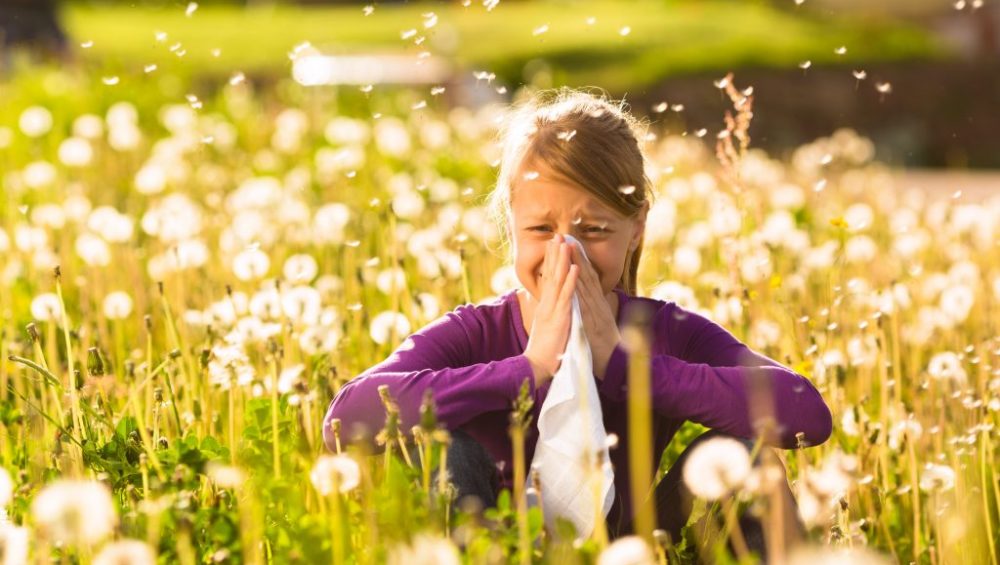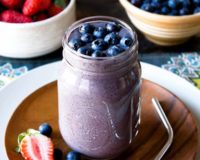Seasonal Allergy Relief
Oh, seasonal allergies. They truly can make life miserable. Some allergy symptoms include excess mucus, sneezing, runny nose, itchy and watery eyes, etc. The good news is, there are things we can do (without allergy medication)! These simple natural remedies have been very effective for allergy relief in our family.
1. Apple Cider Vinegar
Apple cider vinegar is an age old remedy that is often recommended for a variety of health conditions. I’ve personally used it for allergy relief (and heartburn relief) with great success. The theory is that its ability to reduce mucous production and cleanse the lymphatic system makes it useful for allergies. It is also said to help digestion, weight loss, and more so it is worth a try.
2. Quercetin
Quercetin is a natural bioflavonoid that is said to help stabilize mast cells to keep them from releasing histamine. It is also a potent antioxidant that is said to help reduce inflammation. It is best used as a long term remedy and many people start taking it about 4-6 weeks before allergy season to help prevent allergy symptoms. As with any herb, you should check with your doctor before using, especially if you have a liver problem, are pregnant, or are on hormonal contraceptives.
3. Probiotics
Allergies are the result of an imbalance in the immune system that causes the body to react too strongly to a stimuli. Many studies link the presence of beneficial bacteria in the gut with reduced incidence of allergies. Evidence is even emerging that a mother’s gut bacteria during pregnancy and nursing can impact a child’s likelihood of getting allergies throughout life, as can exposure to overly sterile environments. While we can’t do much about our mothers’ diets while they were pregnant, balancing gut bacteria now and consuming enough beneficial bacteria can help easy allergy symptoms.
4. Local Honey
There isn’t much scientific evidence to back this one, but there seems to be a lot of anecdotal evidence from people who have tried it. (Even Mark Sisson weighed in on the subject here). The theory is that consuming local honey from where you live will help your body adapt to the allergens in the environment there. This is supposed to work like a natural allergy “shot” and doesn’t seem to have a downside.
5. Anti-inflammatory Foods
Foods, teas, and spices with known anti-inflammatory benefits may play a role in reducing unpleasant allergy symptoms. A 2016 study in the Journal of Nutritional Biochemistry found that ginger given orally to mice reduced sneezing and congestion as well as lowered mast cell response. Green tea shows similar effects for allergy relief.
Conclusion
Different people seem to benefit from different remedies depending on certain genetic factors and which allergens you are reacting to, so it might be worth trying more than one of these to see which works best for you. We wish you the best in health!
Article by Katie Wells










